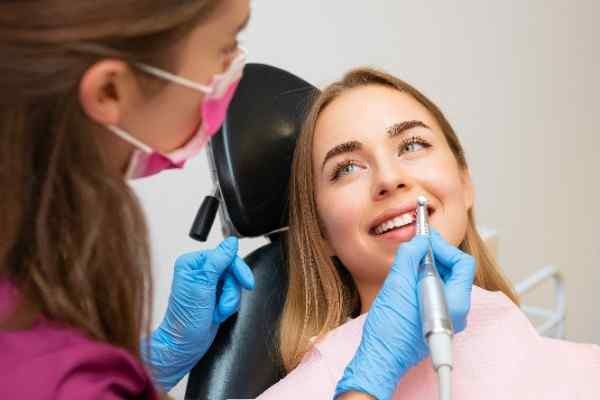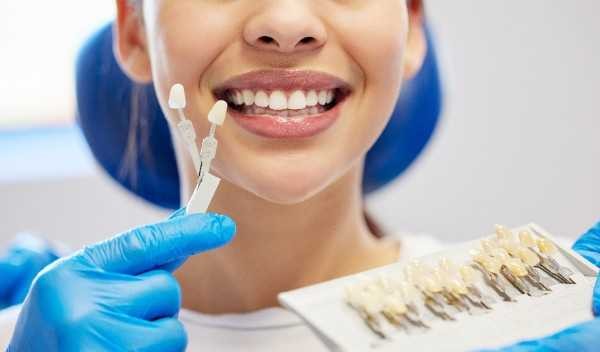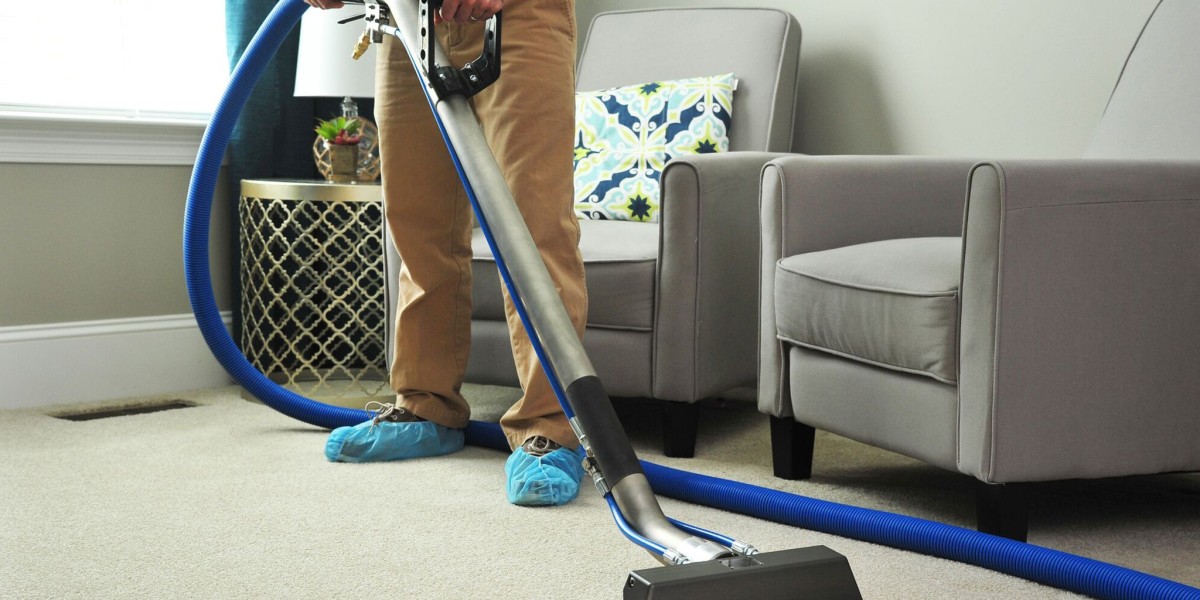A dental emergency can strike when you least expect it—often in the middle of the night or during a holiday meal. Whether it's a knocked-out tooth, sudden swelling, or unbearable pain, knowing where to turn makes all the difference. For residents of Cardiff, quick access to an experienced emergency dentist in Cardiff can mean saving a tooth and sparing days of discomfort. This guide explores the importance of emergency dental care, prevention tips, and how a hygienist in Cardiff plays a role in reducing future issues.
What is a Dental Emergency and Why Does Time Matter
Dental emergencies aren't limited to traumatic accidents; they include infections, abscesses, lost crowns, cracked teeth, and more. Time is crucial in these situations. The faster you get professional care, the more likely your tooth can be saved, your pain managed, and serious complications avoided. Ignoring symptoms such as swelling or bleeding could result in hospitalisation or tooth loss.

An emergency dentist in Cardiff is trained to quickly assess and treat these scenarios. They can offer pain relief, prevent further damage, and restore functionality—often in just one visit.
Three Smart Things to Keep for Dental Emergencies
Being prepared is half the battle. Keep these items at home or when travelling to manage an emergency calmly:
- Sterile saline or milk– For storing a knocked-out tooth safely before visiting the dentist.
- Temporary dental cement – Useful to plug a lost filling or secure a crown until you get professional help.
- Emergency contact list– Include your local emergency dentist in Cardiff, GP, and nearby pharmacy.
These simple supplies can reduce pain, protect the affected tooth, and buy valuable time until treatment is received.
How a Hygienist in Cardiff Can Help You Avoid Emergencies
Not every dental emergency happens out of the blue—many are preventable. That’s where regular visits to a hygienist in Cardiff come in. Professional cleanings remove hardened plaque that can lead to decay or gum disease. These appointments also help identify problem areas early, such as weakened enamel or the beginnings of gum recession.
A hygienist will provide guidance on oral hygiene techniques, flossing, and the use of interdental brushes. For patients with a history of dental issues, they may recommend more frequent cleanings or targeted treatments. Prevention is always more comfortable—and affordable—than a late-night emergency visit.
Emergency Care for Children’s Dental Needs
Children are prone to accidents, especially those active in sports or playground activities. Chipped teeth, loose braces, and even knocked-out baby teeth are common issues. If your child experiences dental trauma, try to stay calm and seek help immediately. Collect any tooth fragments and store them in milk if instructed.
In Cardiff, many family-friendly clinics offer emergency paediatric care. Moreover, a hygienist in Cardiff can provide advice on mouthguards to prevent injury and help children build long-term oral health habits that reduce risks.
What to Expect During Your Emergency Appointment
When you visit an emergency dentist in Cardiff, the team will start by taking a quick history of your issue and any discomfort you're experiencing. Digital X-rays or 3D scans are often used to assess hidden damage, especially with cracked teeth or infection below the gumline. Pain relief is a priority, whether through local anaesthetics or temporary dressings.
Depending on the severity, treatments such as tooth reattachment, filling, root canal therapy, or temporary restoration may be performed during the same appointment. In some cases, follow-up appointments will be required for permanent solutions like crowns or implants.
When to See an Emergency Dentist vs A&E
Not every dental concern requires a hospital visit. Generally, issues like a knocked-out tooth, cracked filling, lost crown, or intense toothache should be handled by an emergency dentist in Cardiff.
However, if you experience any of the following, it’s best to go to A&E:
- Facial swelling that affects breathing or vision
- Trauma with uncontrollable bleeding
- Suspected jaw fracture
- Signs of a spreading infection (e.g., fever, chills, swollen lymph nodes)
In such cases, hospital staff can stabilise your condition before referring you back to a dentist for follow-up care.
How a Dental Practice Prepares for Emergencies
Modern dental clinics in Cardiff are equipped with the tools and expertise needed to manage emergencies efficiently. From same-day ceramic restorations to rotary root canal systems, they aim to restore comfort and function as quickly as possible. Some practices even offer sedation options for nervous patients.
Clinics may also reserve slots each day for emergency appointments, ensuring availability for those who need urgent care. Many also offer evening or weekend services for added convenience.
Preventive Care Saves Money and Stress
Emergency dental treatments can be costly, especially when left untreated for too long. Regular dental check-ups and cleanings, particularly with a hygienist in Cardiff, help detect issues before they escalate. A small cavity spotted early can be treated with a simple filling, whereas a neglected one might lead to a root canal or extraction.

Most practices offer finance plans and dental membership schemes to make routine and emergency care more accessible.
Three Signs You Need Emergency Dental Help Now
Still unsure if you need urgent attention? These signs mean you should act immediately:
- Severe or constant tooth pain– Especially if it prevents sleep or spreads to your jaw or ear
- Swelling or pus– Can indicate an abscess or infection that could spread to other areas.
- Bleeding that won’t stop– After trauma or a recent dental procedure, continuous bleeding needs professional help fast.
Never ignore these red flags. Delaying treatment can result in more pain, longer procedures.
Dental Emergency Aftercare: What to Do Post-Treatment
Once your emergency treatment is complete, proper aftercare is essential to ensure full recovery and prevent further issues. Your emergency dentist in Cardiff will give you detailed instructions, which may include taking prescribed antibiotics, avoiding hard or hot foods, and keeping the area clean with saline rinses. Follow-up visits may be required to complete restorations or monitor healing. Staying in touch with your hygienist in Cardiff will also help you maintain long-term oral health and prevent repeat emergencies.
Conclusion
Emergencies can be scary, but having access to a skilled emergency dentist in Cardiff makes all the difference. With prompt care, the right tools, and support from your hygienist in Cardiff, most dental problems can be resolved quickly and effectively. At EDA Group, we believe everyone deserves peace of mind when it comes to their smile—especially during a crisis.


